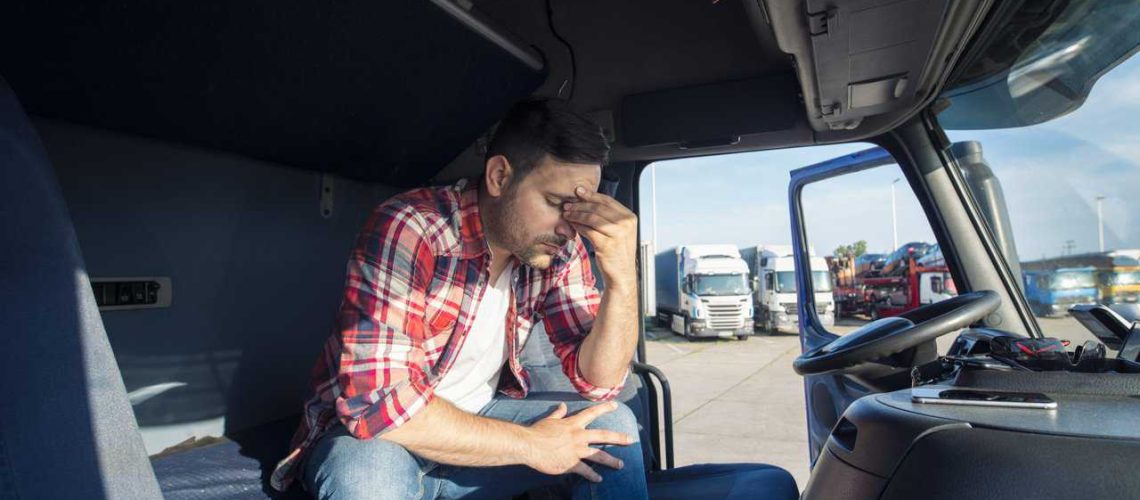The trucking industry, often described as the lifeblood of the economy, is no stranger to challenges. From natural disasters to fuel price fluctuations, from the unprecedented impacts of COVID-19 to ever-evolving regulatory changes, trucking companies have had to navigate a myriad of obstacles. Yet, through resilience and adaptability, these companies continue to keep goods moving across the country. Here, we share real-life stories of how trucking companies have faced and overcome these challenges, demonstrating their indomitable spirit.
Weathering the Storm: Natural Disasters
Natural disasters can wreak havoc on transportation infrastructure, posing significant challenges to trucking companies. Take, for example, the case of Hurricane Harvey in 2017. Floodwaters submerged highways in Texas, bringing freight movement to a standstill. However, companies like JB Hunt Transport Services quickly adapted by rerouting their fleets and working closely with local authorities to identify passable routes. Drivers displayed remarkable bravery, often risking their safety to deliver essential supplies to affected areas.
One standout story is that of a small trucking company, Lone Star Transportation, which played a crucial role during the aftermath of the hurricane. Their drivers volunteered to transport emergency supplies, food, and water to communities cut off by floodwaters. Their efforts not only helped those in need but also showcased the trucking community’s commitment to service, even in the face of adversity.
Fueling Resilience: Navigating Fuel Price Fluctuations
Fuel price fluctuations can severely impact operating costs for trucking companies. When fuel prices spiked in 2008, many companies struggled to stay afloat. However, innovative solutions emerged. Schneider National, a major player in the industry, invested heavily in fuel-efficient technologies and practices. By adopting aerodynamic truck designs, optimizing routes through advanced GPS systems, and training drivers in fuel-efficient driving techniques, they managed to mitigate the impact of rising fuel costs.
Smaller companies, like GreenWay Transport, embraced alternative fuels. They converted parts of their fleet to run on compressed natural gas (CNG), which not only reduced fuel expenses but also lowered their carbon footprint. This shift not only provided financial relief but also attracted environmentally conscious clients, showcasing how adversity can drive innovation.
Battling a Pandemic: The Impact of COVID-19
The COVID-19 pandemic brought unprecedented challenges to the trucking industry. With lockdowns and restrictions in place, supply chains were disrupted, and demand patterns shifted dramatically. Yet, the industry rose to the occasion. Trucking companies like Werner Enterprises quickly implemented safety protocols to protect their drivers and staff. They equipped trucks with sanitizing supplies, established remote work solutions for administrative tasks, and adjusted delivery schedules to accommodate changing consumer demands.
A remarkable story comes from a family-owned company, Smith Trucking, based in the Midwest. When PPE shortages were at their peak, Smith Trucking partnered with local manufacturers to expedite the delivery of masks, gloves, and sanitizers to hospitals and clinics. Their swift response not only supported healthcare workers but also reinforced the critical role of trucking in public health and safety.
Adapting to Change: Regulatory Shifts
Regulatory changes are a constant in the trucking industry, requiring companies to stay agile and compliant. The Electronic Logging Device (ELD) mandate, implemented in 2017, required all truck drivers to use electronic devices to record their hours of service. This regulation aimed to improve road safety but posed compliance challenges, especially for smaller carriers.
Large companies like Swift Transportation invested in training and technology to ensure a smooth transition. They developed comprehensive training programs for their drivers and worked closely with ELD providers to customize solutions that fit their operational needs. Meanwhile, smaller companies like Blue Ribbon Logistics leveraged partnerships with technology firms to implement cost-effective ELD solutions. By embracing these changes proactively, these companies not only stayed compliant but also enhanced their operational efficiency.
The Road Ahead
The trucking industry’s ability to overcome adversity is a testament to its resilience and adaptability. Whether facing natural disasters, economic shifts, global pandemics, or regulatory changes, trucking companies consistently demonstrate their capacity to innovate and persevere. Their stories of overcoming challenges serve as an inspiration, not just within the industry but for all businesses navigating turbulent times.
As we look to the future, one thing is certain: the trucking industry will continue to face challenges head-on, driving forward with determination and a commitment to keeping the wheels of the economy turning.

Seashore transportation is a transportation staple in La Porte Texas.



